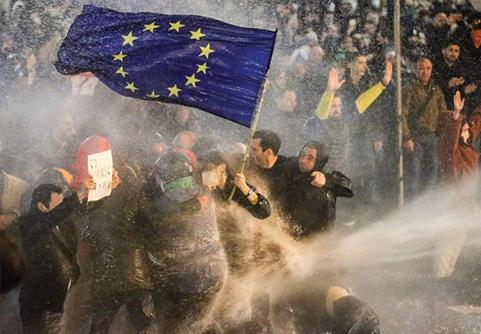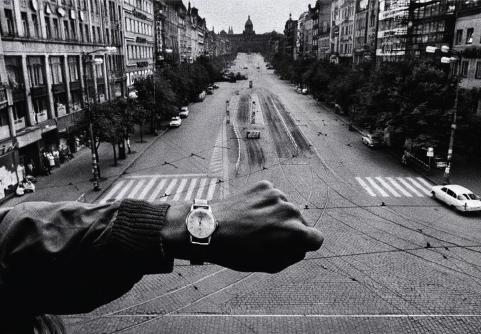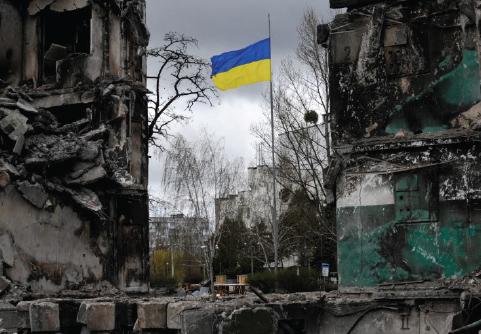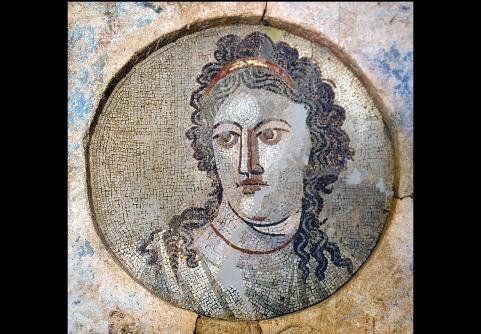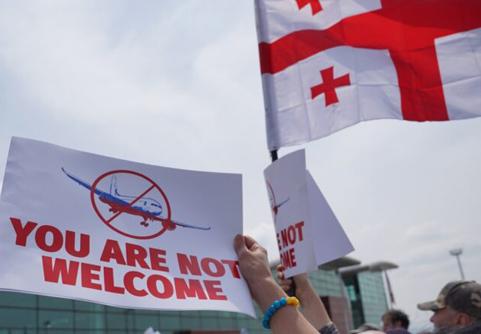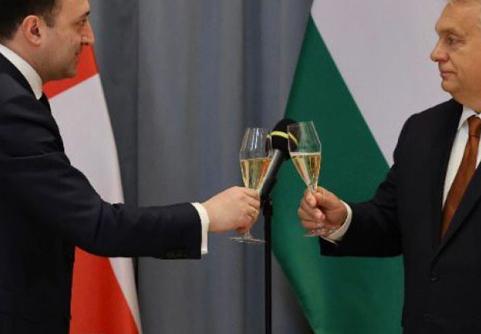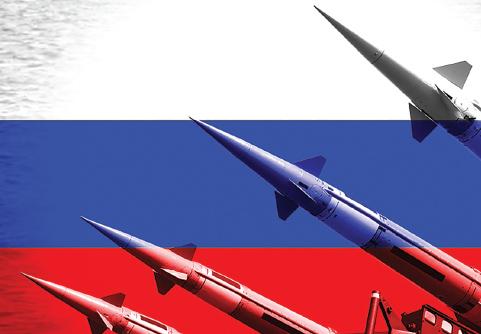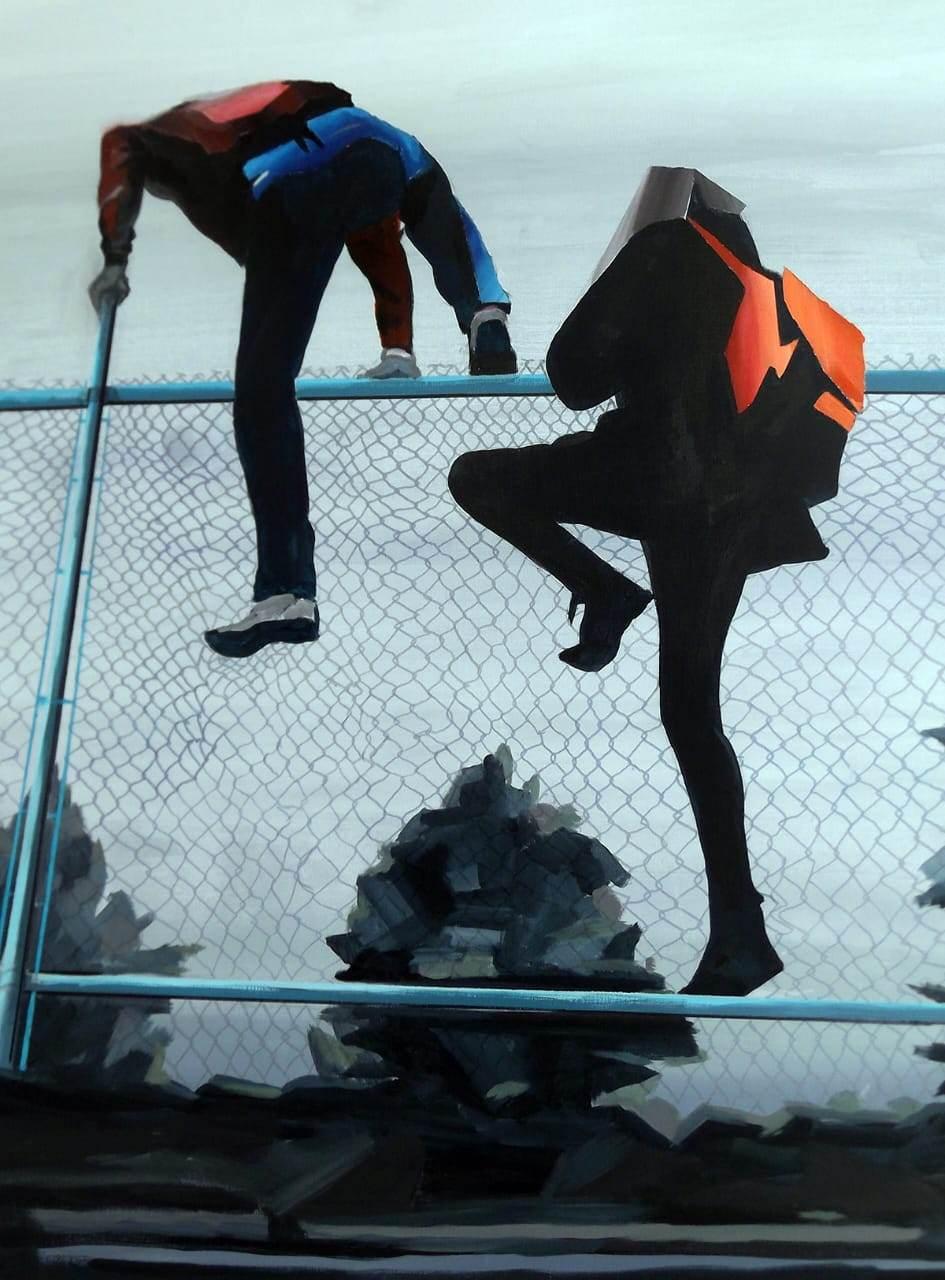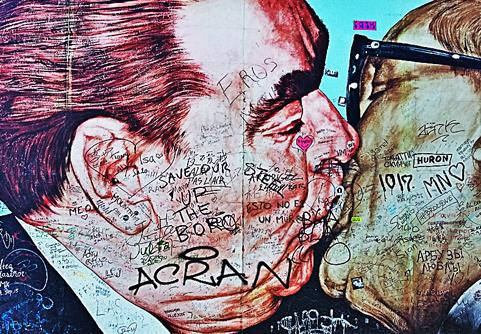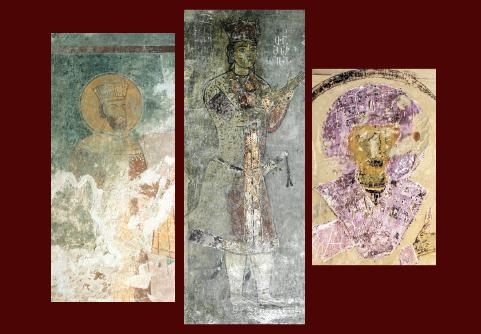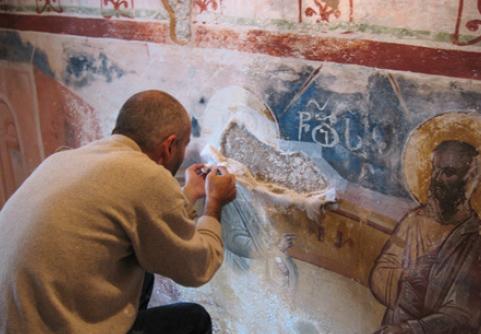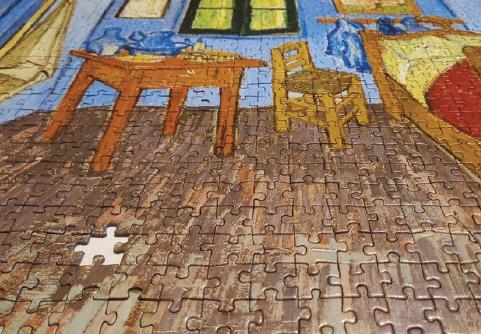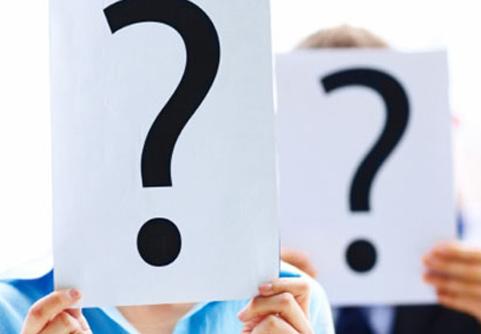
Author : Gia Japaridze
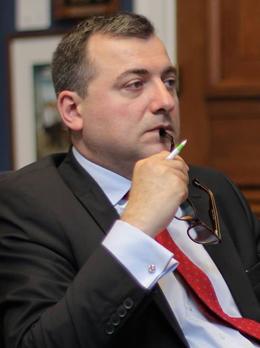
Will anything help us? – This short phrase, as it seems to me, has become the most popular and somehow ironic winged phrase in Georgia, which has been enduring various crises for the last few years. The question has become rhetorical, the answer to it seems to already exist and seems to be no longer required.
Before we start looking for an answer to this question, we need to ask another question:
What is wrong with us?
If we do not determine what is wrong with us and why we need to be saved, it will be difficult to find an answer, and we will keep running in a vicious circle for many years with cries of “Will anything help us?” But soon that circle may no longer be ours, and at best we will be running around a territory without any sovereignty asking the same question. In short, we may lose our independence.
The answer to the question “What is wrong with us?” is multi-layered, but the causes can be divided into two large groups – the first, which is caused by external factors beyond our control, and the second, originates in our own head, in our state, which we ourselves have imposed. If we cannot make any impact on the external causes and we cannot significantly influence their dynamics, then the elimination of the reaction to it is entirely in our hands. Blaming only the authorities for Georgia’s problems will not work, the blame for “what is wrong with us” should at least be equally shared between the citizens of Georgia and the former or current government. Political forces in power or in opposition are more or less accurate reflections of society. States have the kinds of rulers that the people living in them deserve.
Many political scientists agree that the political process in Georgia is either dead or on its last breath. Georgia has developed a form of authoritarianism that bears all the characteristics of parliamentary democracy with one exception: Political competition is strictly prohibited and merely a pretence; no one should challenge the ruler in keeping power. This case is not a version of the classic definition of authoritarianism, Georgian authoritarianism is softer and more flexible, everything is allowed up to the red line, and the red line is participation in politics. You can do what you want, but participating in politics – which also means struggling for power – can only be authorised from above. And up “above” is a two-headed monster (no reference to Russia): Bidzina Ivanishvili and the Patriarchate share two ends of power. The reason for this unhealthy situation is not only the government, a rope after all has two ends, and if at one end you can see the government with the naked eye, at the other end, with a slightly strained eye, you can see Georgian society.
Lack of realism and pragmatism. The absolute majority of Georgian citizens and political groups are deeply imbued with political infantilism and naivety. Presenting the desirable as possible is not only universally loved, but any reference to pragmatic policymaking, thinking, and reasoning outside the clichés created in previous years, and making policy decisions based on results in the light of reality, is rejected. Moreover, it has become an object of backbiting, hatred, slander, suspicion, accusations of treason, and more. Political naivety is the rule, and political pragmatism is an exception. Political pragmatism is baptized as populism, even immorality, and while most populism is disguised as naivety, it sometimes effectively wears the mask of idealism. It sells, it works, and why not.
The lack of realism and pragmatism is fostered by many factors, including the Soviet past, knowledge, and understanding of the state and history at the level of legends, lack of academic activity in political science, lack of analysis and evaluation of political history and political decisions, and so on.
Infantilism is easy, it does not demand responsibility, no one demands answers for the words spoken and actions taken, even those who demand answers are politically naive, they like being so and demand it. One can naively believe that the Russian empire will collapse, but if we are realistic, at this stage Russia will only weaken, and this means only a new opportunity for Georgia, which should be used pragmatically, and does not mean guaranteed success (victory of Ukraine does not automatically mean de-occupation of Georgia). One may naively believe that Georgia can pursue an independent foreign policy without taking into account the interests of neighbouring states and world leaders. It would be more realistic though to understand that Georgia is located in the Russia-Turkey-Iran triangle, where the interests of other larger and stronger actors (USA, Germany, China) are directed. This narrows the zone of independent actions by Tbilisi, requiring the country to pursue a foreign policy with cautious restrictions, the choice of Georgia resembles the choice of Partazi from the famous assembly of the 6th century. You may not like the details of the West, but it is the Western value system that needs to be saved, not the choice of Aeëtes from the same assembly, which can be unmistakably described as the choice of a loser.
Democracy consolidation problem. The problem of democratic consolidation is insurmountable for Georgia; democratic state institutions could not be formed, and the democratic process lacks the irreversible character of consolidation. Recently with diplomatic delicacy, Georgia has been mentioned in the list of hybrid democracies. The reason for this, apart from the lack of will on the part of the authorities, is the Soviet legacy, the absence of a long tradition of statehood and distrust in state institutions. Democracy functions effectively where the majority of the population is the middle class, that is, the number of people who can afford to own a home and a car, pay for their children’s education and family health care, eat out at a restaurant a few times a month, and vacation at an average resort once a year, forming a critical mass. This means that the income of these people minimizes the possibility that someone will buy their votes for 50 or 100 GEL. The education of these people is at a basic level or higher, which most likely eliminates the possibility of them falling victim to poor quality propaganda.
Here we approach the problem of poverty and illiteracy. There are not only the best weapons in the armoury of any government, but also the best means in the hands of any state opposing Georgia to buy, intimidate, or easily deceive a poor and illiterate population. It is the easiest to play with and manipulate the animalistic, ethno-nationalist, and religious sentiments of such people. More often than not it is these citizens of Georgia who become easy victims of disinformation (Russian and Georgian authorities, sometimes these two coincide) and objects of pre-election blackmail, violence, buying and selling of votes. All opinion polls conducted in recent years show the same results – the overwhelming majority of respondents live on an income below 1500 GEL per month, and if we analyse the results of the polls further, the number of people whose monthly income does not exceed 400 GEL or is even equal to zero is very high.
This part of the citizenry often expects elections as a material benefit, which for a small part of Georgian citizens it is a vicious practice, and for people with no income or low income – a short-term solution to everyday problems. According to the authoritative PISA study conducted among students, Georgia is in the last five among 150 states in terms of reading comprehension. Every year Georgian universities release an army of several thousand jobless graduates, some of whom then join the long queue of applicants for low-paid jobs or political asylum seekers in European countries, or queue up at the border of Mexico and the United States in search of a better destiny. Those who cannot or do not want to leave are left with a diploma but no real education or skills, hostages of poverty. Added to this is the generation with Soviet (often bought) diplomas who have been unable to adapt to the post-Soviet reality. Citizens with such education and skills are easily influenced by propaganda and believe any misinformation; moreover, maintaining such an education system means a lack of competent personnel in all fields – an officer who is unable to read a military map, an engineer who is unable to build a safe building or infrastructure, politicians who are unable to govern effectively, and so on. Any state, especially a functioning consolidated democracy, relies on common sense in society. Poverty, lack of education and a small middle class are the reasons preventing the creation of the critical mass of citizens necessary for democracy. The problems of education and poverty are not solved by immediate prescriptions, but rather the political will of the authorities must start addressing them. In a state where the majority of schoolchildren and students do not have the opportunity to receive the nutrition necessary for the normal functioning of the human brain, it is impossible to form a critical mass, and without it, democracy will resemble a caricature of democracy, an ochlocracy or “democratic” authoritarianism.
Poverty and economic problems (unemployment, low pay, inflation) are named by citizens among the priority issues in all public opinion polls conducted in recent years. It is strange, but the political parties in Georgia do not include socio-economic problems in their agenda. Political groups that have declared themselves as parties have lost contact with citizens, they cannot express and represent them. A representative democracy does not exist without competition between political parties.
Here we come to the problem of political parties. According to the scientific definition, a party is a group of people with the same ideology, united to gain power and having an organizational structure. In liberal democracies, parties have intra-party democracy, which means ensuring the involvement of members in the work of the party through appropriate procedures and mechanisms. In the case of Georgia, there are no parties by this classical definition. “Here, more likely opportunistic political groups without ideology are gathered around one leader”, most of whom deny that they are fighting for power and justify their long-term presence in politics by claiming to care for the people and to have moral necessity. There is no thematic confrontation between the ruling power and opposition parties. At a time when there is a plethora of topics ranging from a shift in foreign policy orientations to economic hardship and the destruction of cultural heritage that probably no other parliamentary democracy has, the opposition political parties are either unwilling or unable to engage in thematic dispute, constantly protest, talk about electoral fraud, constantly give voters vague hopes, and so on. This cannot result in a democratic process.
This is just a short list of “what is wrong with us”. The full list is even longer, and even a brief summary of the reasons would exceed the scope of this article. A long-term solution to these fundamental problems requires an immediate response from all citizens of Georgia if we do not want to wake up one day on a territory deprived of sovereignty.
